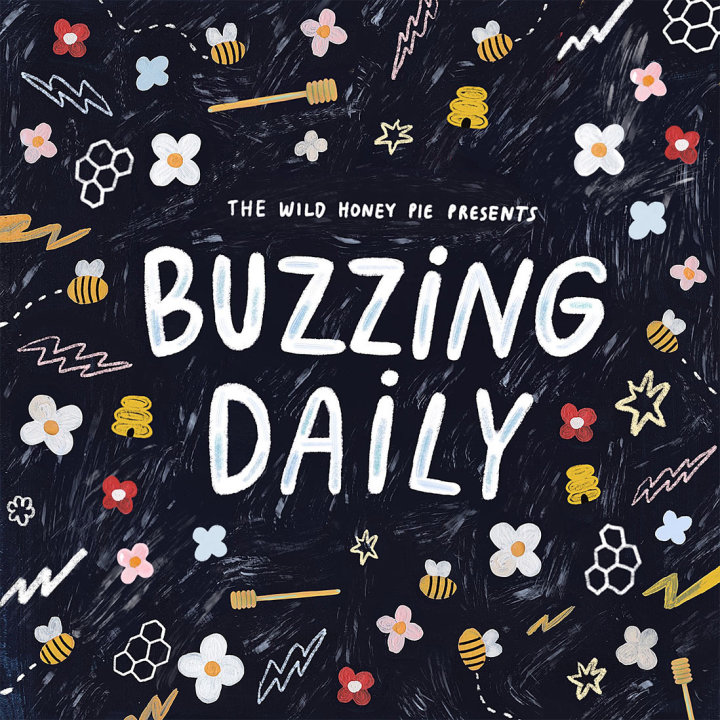
Strawberry Launch - Crystal Eyes
Each day this week, New York-based psychedelic indie-pop quintet Strawberry Launch offers insight on tracks from their debut self-titled EP. Follow along as different members offer insight to the background and songwriting process of four tracks in their own words. Photo by Will Montgomery.
I wrote this song one Summer as just a random instrumental. I was bored at home most days and wanted to experiment more with recording my own music since that’s basically what I’m in school for. It wasn’t anything serious and there’s really no deep meaning for the song, I was just messing around with a couple chords and layered a bunch of stuff on top of it. It sounded very glittery to me, which is why I came up with the name. We started playing it in Strawberry Launch when trying to write new songs. At first, it was tricky to try to implement it into a full band, but I’m so happy with what it turned into; it’s probably my favorite track on the EP and super fun to play live. — Matrianna, Strawberry Launch
— on August 17, 2021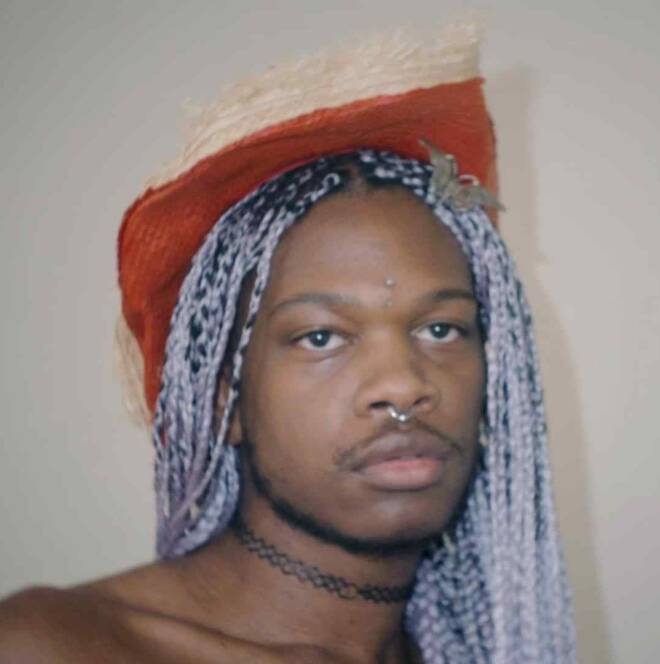
Shamir - On My Own
Like Madonna, Cher and all other single-named pop royalty, Shamir is fierce, even in the face of heartbreak. “On My Own,” the latest single from the Philly-based musician, discusses his confidence through lost love. Through raunchy guitar riffs and melodious synths, Shamir speaks of the power he’s generated from his own self-respect. “Don’t bargain with my worth,” he sings, “cause I don’t mind to live all on my own / and I never did.” The strength Shamir carries throughout the song, in tandem with the field march feel of the drums, has morphed its meaning into what many are calling an “introvert anthem.” That description has caught on for good reason. Shamir’s vocal provides an uplifting cadence that makes wonderful company for isolation and the forever journey of self-discovery. When the full-bodied bridge hits, he finds the apex of his message. He sings, “I feel it in my bones, inside myself is where I belong.” Shamir doesn’t care to feel like he belongs, because to himself, he always did.
— Deanna DiLandro on June 26, 2020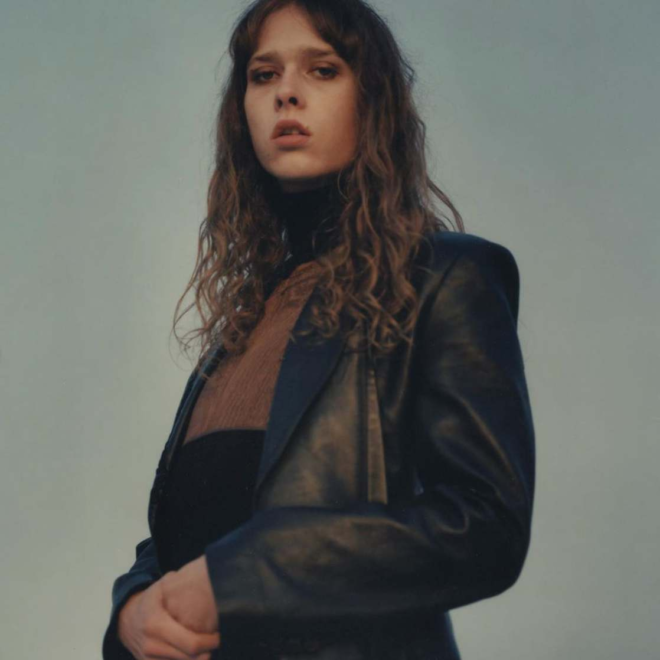
Lauren Auder - June 14th
“June 14th,” the opening track on Lauren Auder’s two caves in EP, pulls you back into the unfiltered urgency of youth. Maybe because their sound is built on such clear dramatic arc, as a whole the EP feels very multimedia—like it should accompany a modern dance routine or a time-lapse video of a painting coming to life. From churning strings and thumping bass to twinkling bells and crackling static, “June 14th” is especially dense with sonic layers, each of which Auder has seemingly chosen with the methodical precision of an electrical engineer. Each instrumental line teems with its own separate energetic will: some on the verge of exploding into controlled chaos, others projecting an innocent comfort. And though it feels like each layer wants something different, within the container of the song they feel inextricably connected: like hundreds of lives moving together on a subway train, each can’t help but be pulled and jostled by its co-passengers towards something common. Meanwhile, the train’s conductor is Auder’s cinematically versatile voice, which floats coyly over romantic bridges (“Darling, every morning with you…”) but not before bellowing through dark tunnels of self-doubt (“I’ve been defensive since I left the womb” is a lyric I can’t stop coming back to this year).
In an interview with Vogue, Auder revealed that the song is about “a first sexual relationship between two characters.” What they didn’t say is that the story is told so well that suddenly you are there, in it, young again, remembering that every feeling is an emergency, understanding that the way to freedom and togetherness, will always have to be rebellion.
— Karl Snyder on June 26, 2020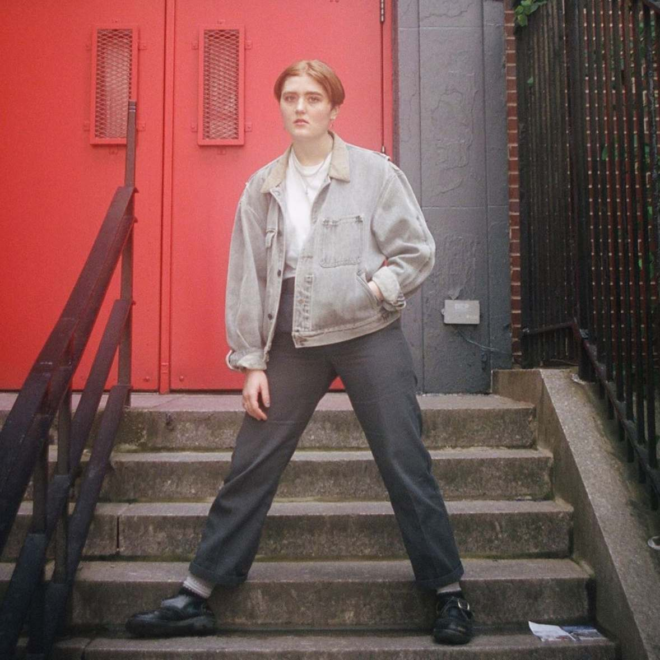
Grace Ludmila - Hollow
If you’ve ever had the pleasure of seeing Grace Ludmila perform live, then you know that she is a force to be reckoned with onstage—full of motion and emotion, and musically creating something unique and authentic that comes straight from the heart. Having described performance as “the ultimate catharsis,” Ludmila puts her whole self into her music, raw and real from start to finish. This is especially true of her latest single release, “Hollow,” which is heavy on guitar and packed with gut-wrenching lyrics. Ludmila is an expert in metaphor, and she sings a series of them as a means of expressing the dissonance between expectation and reality. She is “not a dream,” but “sleep paralysis;" she is “not soft, not smooth like porcelain” but “a fleshy mass of skin that you pick off when you can’t stand to see it again.” The rhythm and structure of the song reflect this dissonance as Ludmila makes her own rules, often adding onto these metaphors beyond where the ear expects them to end. “Hollow” is a proud admission of imperfection, a refusal to live life according to others’ ideals, and, ultimately, an expression of self-love and self-respect.
Ludmila’s influences range from the singer-songwriter scene in Austin, TX, where she began her music career and released an EP at age 12, to the punk artists she discovered later and her time in New York, where she is currently based. She also does a “Say My Name” cover that will make your jaw drop. Ludmila is currently working on her debut full-length album.
— Maya Bouvier-Lyons on June 26, 2020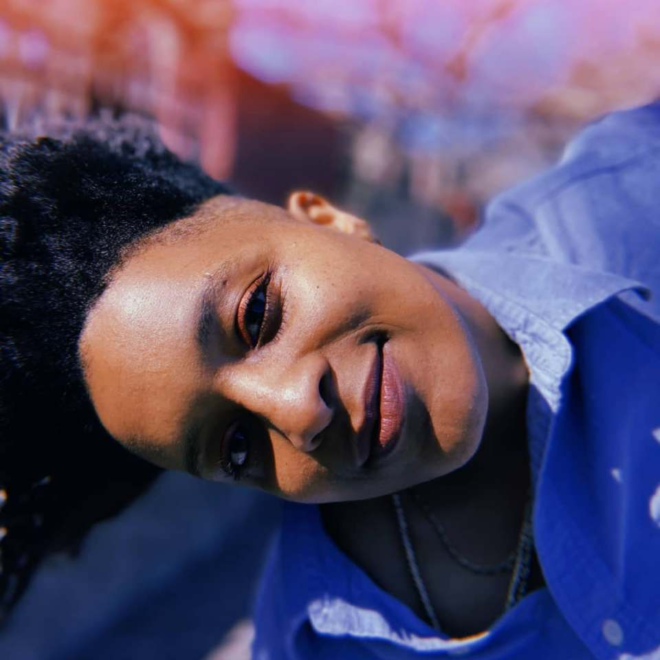
Denitia - Forever
This single release from New York-based multi-talented indie-pop artist Denitia begins with a beat that builds as if it were underwater, swelling to the surface before engulfing us in its rhythmic and full-bodied sound. A singer, songwriter, producer, and multi-instrumentalist, Denitia single-handedly uses a blend of electropop, psychedelic, and R&B elements along with her disarming and reverberating vocals to create a dreamlike soundscape on “Forever.” An 808 drumbeat pulses throughout the song, perhaps in homage to the human heart, as other sounds loop in and out around it. The instrumental ebb-and-flow evokes images of waves and currents as Denitia sings, “I am a river / You are the ocean / We go together / We could just flow in.” Referencing “flowers under the sun” and “the moon and the tide,” the lyrics are filled with earthly imagery, highlighting the ways in which we are all connected, to each other and to nature, and the paradoxical illusion of any concept of “Forever.” Accompanying the song’s release on Bandcamp is a blurb from the artist that reads: “Our existence among each another can seem so complicated in our modern lives, but then you realize we are so inextricably connected to each other and the natural world. We are both infinite and impermanent at the same time.”
— Maya Bouvier-Lyons on June 26, 2020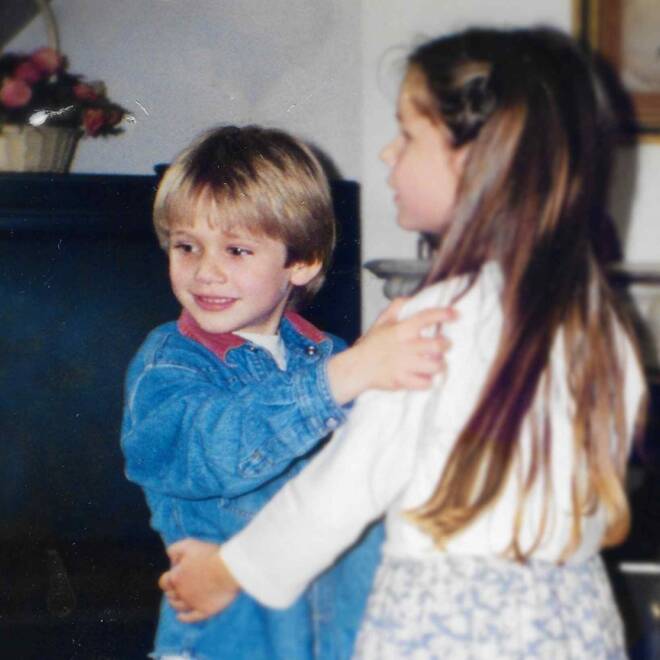


 Godford - Better Place
Godford - Better Place
Teetering between genres and occupying a space somewhere in between fantasy and reality, Godford’s “Better Place” blooms with intermediacy. This multifaceted track alludes to both 80s dance music and modern electronica with its heavy basslines, exaggerated melodies, and vocal repetition. While some may mistake the limited lyrics of “Better Place” as a creative flaw, the exact opposite is true; this highly conceptual track employs sonic replication in order to create a distinct atmosphere that is mystifying and ephemeral. The refrain: “I saw you alone / I’ll make a better place for you” echoes like a mantra and, as the song progresses, it becomes beautifully unclear whether the speaker is promising to make a situation better for themself or for someone else.
— Lilly Rothman on June 26, 2020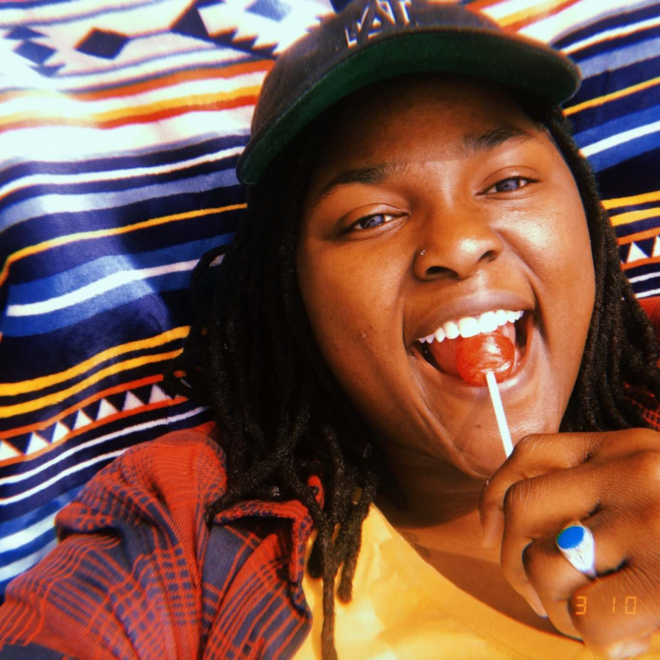


 Joy Oladokun - Who Do I Turn To?
Joy Oladokun - Who Do I Turn To?
In “Who Do I Turn To?,” Joy Oladokun takes deep-rooted pain and pushes it to the surface, creating a poignant tune with only her voice alongside a piano. However, it’s not a simple song at all—hearing her meditate on repeated, unanswered questions is like hearing an echo in an empty home, only finding security in the fact that you are present, yet completely alone.
“I’m tired of turning on the news / And wondering why it happened again,” she sings, expressing her exhaustion. In a society where systemic racism is only now becoming prevalent for the comfortable majority, Oladokun asks her listeners: “Tell me who’s gonna make it right / When the good ones are to blame.” Her words are not masked by any intense instrumentation, but rather come fully exposed: “If I can’t turn to God / And I can’t turn to you / Who do I turn to?” A portion of her publishing royalties will be going to Launchpad Nashville, a shelter that LGBTQ youth can turn to in times of need.
— Elizabeth Shaffer on June 25, 2020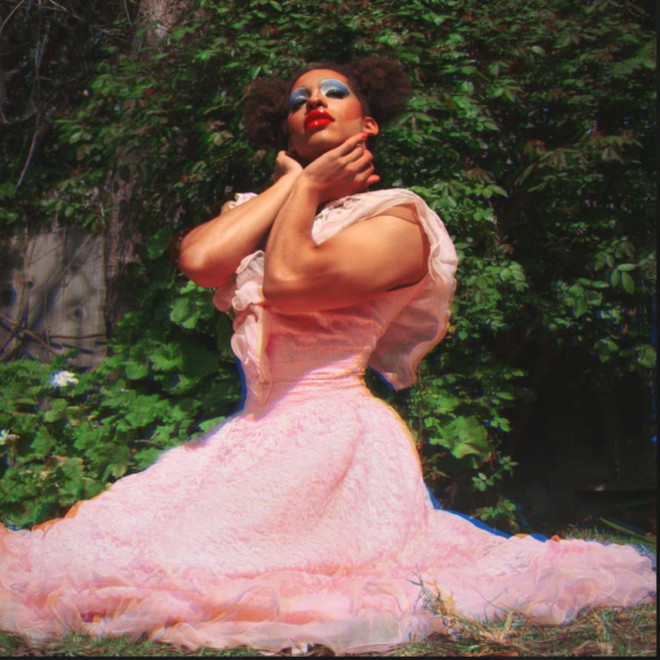


 Freddie - Weak
Freddie - Weak
Just as a poured pail of cold water shocks the body, pale and wintry daylight wakes Genevieve from what is hardly a good night's sleep. Every breath she takes in the morning is slow and light. The song "Weak" by Freddie starts to materialize and piece itself together within the fractal a.m. mood. It's a warm dark here, something Genevieve daydreams about. Awake, she doesn't immediately jump into her life. She's content on her back, counting the number of cycles the ceiling fan completes, eyeing the birds chirping outside her window.
I don't see her again until I'm expected to have children. Dragged to a wedding by my brother, knowing, perhaps secretly hoping I may see her. The off-chance I run into her grasps my conscience, causing me to lose sleep. It couldn't have happened any smoother. I'm at the open bar, attempting to drown the night in warm liquor, and my eyes fall on hers, heart pounding like a fucking EDM rave.
Of course, she walks over, and you guessed it. She's doing excellent. She never used to say that word. I look at her thoroughly now, trying to find something. She's changed her hair up, she talks just a little faster, her nail polish glitters, and she's seen this airy, light persona through and stuck with it. She must feel like she's floating, I think. But, to me, she's still the same. I know it when we lock eyes from across the room, at different tables. I know it when I spot a single, silent tear roll down her cheek as she claps. I know it when she pulls me to her when the lights are off, catches me at the door, tells me how the song "Weak" by Freddie makes so much sense it hurts, asks what I'm doing tomorrow, forecasts the gloriously warm and sunny weather, dreams of a day spent outdoors sauntering down city sidewalks, scratches the itch I hold inside of my palm that is hardly different from the love I hold inside of my heart.
— Mustafa Abubaker on June 25, 2020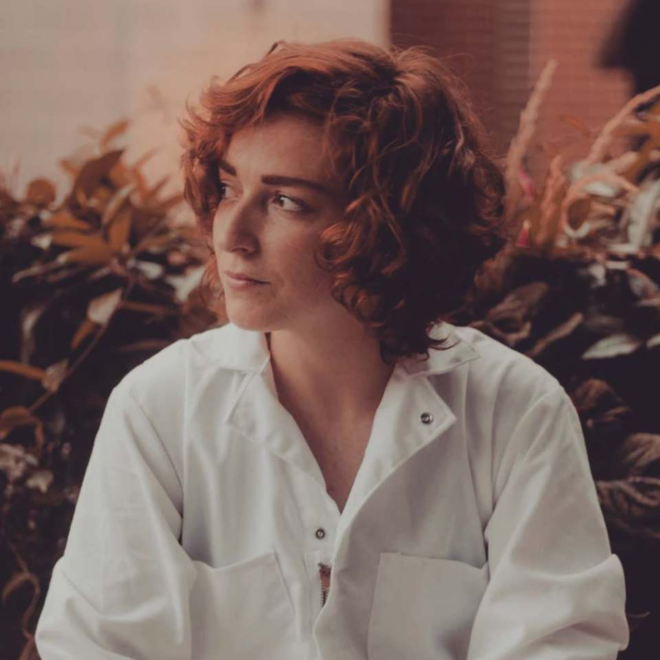


 pronoun – Song Number 1.5
pronoun – Song Number 1.5
Women are incredible. One should never be surprised at their feats, so please hide your shock when you learn that pronoun is a one-woman band, the musical project of Brooklyn-based singer-songwriter Alyse Vellturo. In past releases, pronoun has exemplified tight melodies measured by fast rhythm, and it has worked incredibly well. For her latest release, “Song Number 1.5,” however, pronoun slows and strips things down slightly. As always with pronoun, there are many layers of complementary sound at play, though here the result is a bit mellower, her voice a bit lower. The soft guitar loops throughout as vocals, percussion, and synth come and go, and a seemingly distant voice chimes in with an echoing “Babe, you are love,” a line which both begins and ends the song.
On “Song Number 1.5,” Vellturo sings of missing, of longing, of dreaming of doing all of the things so many young lovers and city dwellers fantasize about doing, even if we know deep down that they are—at least for now—a fantasy. “We could have a couple kids / I could quit my job by June / We could move out to the suburbs / Maybe we would have some more room.” Released on her own label, Sleep Well Records, the song shows an added depth to the spectrum of emotions pronoun is willing and able to tackle in her songwriting. We hope to hear more from pronoun soon, but in the meantime, her full-length album i’ll show you stronger (Rhyme and Reason Records, 2019) is more than worth a listen.
Photo credit: Bella Peterson
— Maya Bouvier-Lyons on June 25, 2020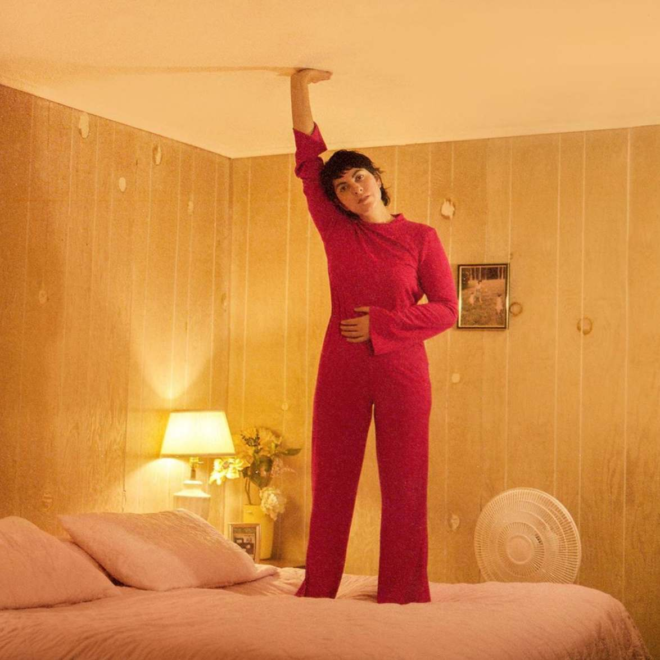
Becca Mancari - Lonely Boy
If you took Phoebe Bridgers to a club on a sweltering Saturday night and sweetly encouraged her to get her groove on, the triumphant result would be "Lonely Boy" by Becca Mancari.
Mancari delivers the perfect track for the summer, clocking just under two-and-a-half minutes; a decadent and triumphant pop song, which wouldn't be out of place if it were featured on the soundtrack to a beloved teen drama from the aughts. She takes her lonely subject on an upbeat ride, trying to figure them out.
Getting a lonely person to contemplate their loneliness would normally seem like a daunting task, but Mancari goes easy on them as she spends the majority of the song gently asking "Are you a lonely boy?" Mancari is intent on driving the question into her subject's mind, to the point where they're unable to avoid figuring out why they're always a loner—but they get a bit of a pass because this "lonely boy" still tries.
Becca Mancari's first album since 2017, The Greatest Part, will be released on June 26 via Captured Tracks.
— Taylor Hodgkins on June 25, 2020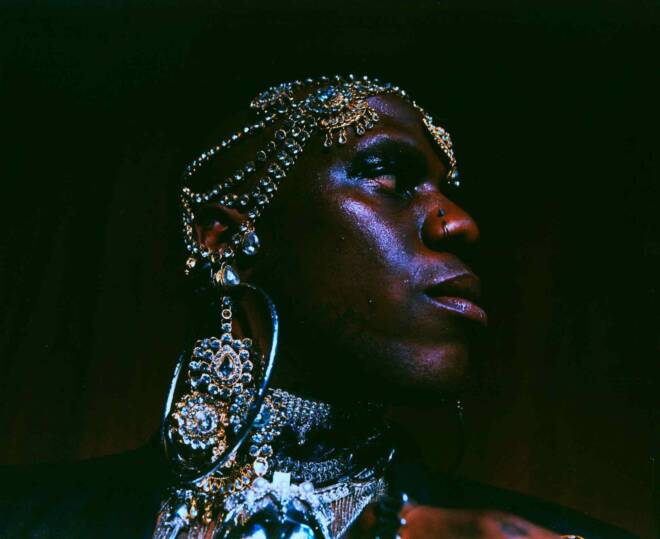
Yves Tumor – Gospel for a New Century
The staggering genius of Sean Bowie emerges immediately upon pressing play on their fourth album as Yves Tumor, which opens with “Gospel for a New Century.” Tumor’s own brand of brilliance survives in their own mystique, which shapeshifts in kaleidoscopic, sonic morsels that fleetingly reveal themselves through flashing emotional windows—into which Tumor allows us to momentarily gaze. “Gospel for a New Century” unfolds with a vintage horn sample that sounds freshly plucked from a James Brown or Edwin Starr song, soon supplemented by a full chorus of brasswinds fit for a 1970s spy-noir film score. By the time the bassline and Tumor’s vocals kick in, we’d be tempted to enlist the song as a masterwork in psychedelic, anthemic rock—but this is where we’d be wrong. Often the best art shocks and shakes us in unquantifiable ways, without grasping at labels or ticking genre boxes, and this is exactly how Tumor’s opus pierces our senses. In neon orchestral flares we can discern a host of influences from Prince and Lenny Kravitz to MGMT; yet, this recognition leaves us as rapidly as it arrived. Tumor’s “Gospel” is a roaring rhapsody of experimental funk-rock distortion, layered so finely we could spend ages dissecting it—but by the time we do, Tumor will have already entered another unexplored aural landscape.
— Heddy Edwards on June 24, 2020
